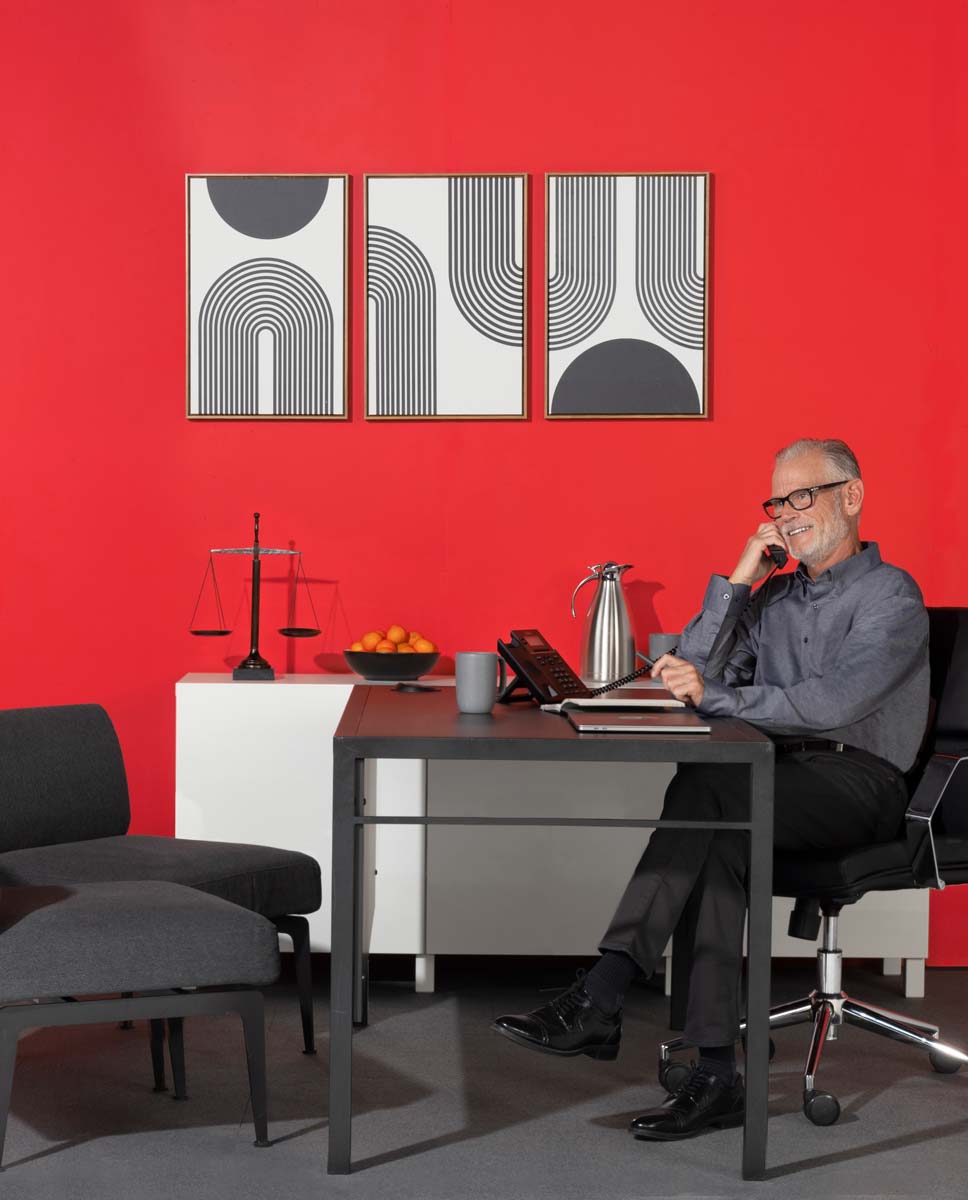POTS Replacement Compliance for Emergency Devices
Reduce liability risks and remain compliant with key compliance statutes.
Elevator Phones
View the “Elevator Communications Regulatory Compliance” white paper to learn how Ooma AirDial® helps businesses comply with the American Society of Mechanical Engineers (ASME) A17.1 safety code for elevator communications.
Fire Alarm Panels
Read the “Fire Safety Regulatory Compliance” white paper to learn how Ooma AirDial helps companies comply with the National Fire Protection Association’s NFPA 72 code for communications equipment and services used with fire panels. Ooma AirDial has also achieved compliance certification from the California Fire Marshall and the New York City Fire Department.
UL Standards
Leading independent third-party testing firms have certified that Ooma AirDial meets compliance requirements for UL 864 (control units and fire alarms) and UL 62368-1 (safety requirements for electrical and electronic equipment).
The Managed Facilities-based Voice Network (MFVN) Difference
One of the most important requirements for meeting strict provisions in codes such as NFPA 72 is that Ooma AirDial connects through a MFVN without ever touching the public internet. Ooma partners closely with cellular carriers to create a direct wired connection from the carrier network to the Ooma cloud in a shared data center before terminating at the Public Switched Telephone Network (PSTN).
This is a critical feature of the Ooma AirDial architecture that is different from many VoIP solutions. In many competing solutions, traffic is handed off to the public internet for one or more legs of the path.
PCI and HIPAA
Ooma AirDial helps organizations adhere to Payment Card Industry (PCI) compliance guidelines since point-of-sale payment details are encrypted, never stored, and confidential payment information never traverses the public Internet. Likewise, Ooma AirDial when paired with analog fax machines can help organizations remain compliant with the Health Insurance Portability and Accountability Act (HIPAA) since patient information is encrypted and never crosses the public internet.
We would love to get to know you and your business. Please complete our short form to download the PDF.
We would love to get to know you and your business. Please complete our short form to download the PDF.
AirDial is built to be life-safety compliant according to critical guidelines.










